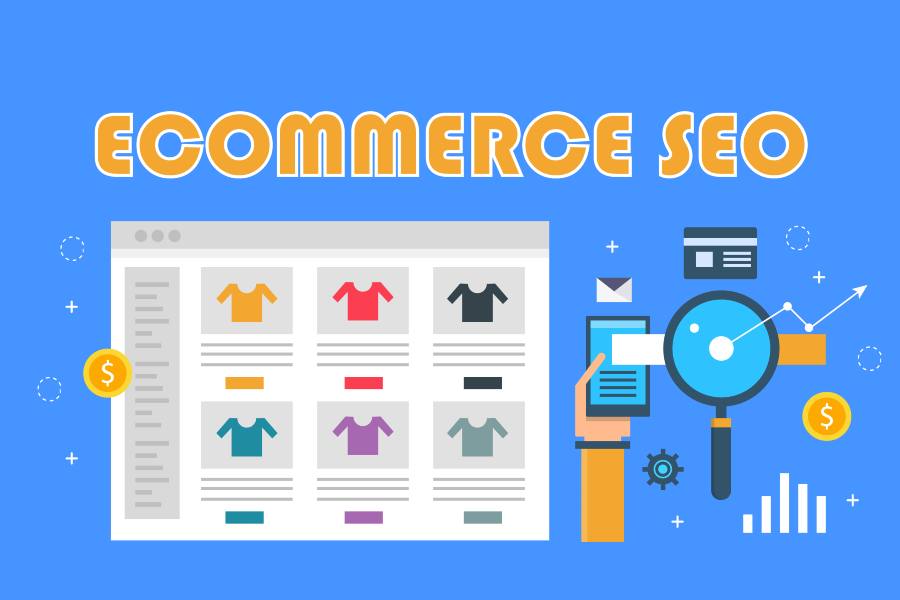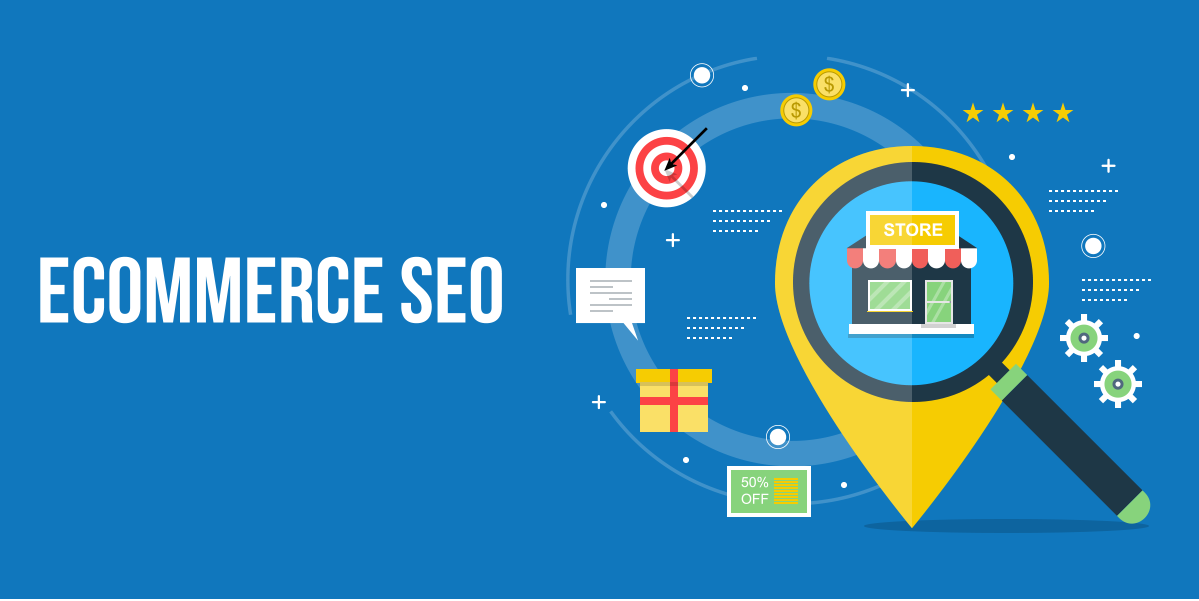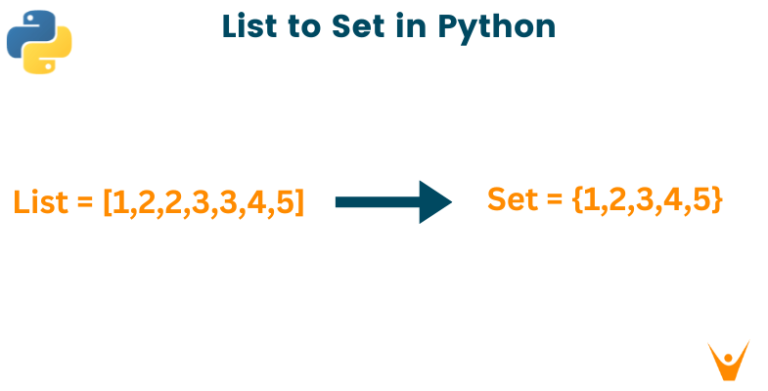The Ultimate Guide to Local SEO for Ecommerce in 2024
In today’s digital landscape, ecommerce reigns supreme. But with countless online stores vying for attention, how do you ensure local customers discover your business? The answer lies in harnessing the power of local SEO for ecommerce.
Local SEO is the art of optimizing your online presence to rank higher in search results for local searches. Imagine a customer searching for “bike shop near me.” With effective local SEO, your store can appear at the top of the search results, driving more traffic and boosting sales.
What is Local SEO for Ecommerce?
In the fast-paced world of ecommerce, competition is fierce. But what if you could unlock a treasure trove of potential customers actively searching for what you offer, right in your own backyard? That’s the power of local SEO for ecommerce.
Local SEO stands for Local Search Engine Optimization. It’s the art of optimizing your online presence to rank higher in search results for local searches. Imagine a customer in your city searching for “bike shop near me.” With effective local SEO, your ecommerce store selling bicycles can appear at the top of the search results, driving more qualified traffic and ultimately increasing sales.
Here’s why local SEO is crucial for ecommerce businesses:
- The Rise of “Near Me” Searches: People are increasingly searching online for products and services available nearby. Studies show a significant rise in “near me” searches, indicating a shift in customer behavior towards local options.
- Target Local Customers: Local SEO allows you to target customers actively searching for products you offer within your specific area. This laser focus on local intent translates to higher conversion rates.
- Boost Brand Awareness: By appearing in local search results, you increase brand visibility within your community. This establishes you as a trusted local business for potential customers searching for relevant products or services.
- Drive In-Store Traffic (if applicable): A strong local SEO presence can bridge the gap between online and offline experiences. Customers who discover your store online might be more likely to visit your physical location if it’s convenient.
- Build Trust and Credibility: Local SEO encourages positive online reviews and a strong local presence. This fosters trust with potential customers searching for reliable businesses in their area.
In essence, local SEO for ecommerce is about capturing valuable local customers actively searching for your products.
Dominate Local Search: Essential Strategies
Now that you understand the power of local SEO for ecommerce, let’s delve into the key strategies to implement:
On-Page Optimization for Local Visibility:
- Infuse your website content with relevant local keywords. Include your city, neighborhood, or surrounding areas.
- Ensure your Name, Address, and Phone Number (NAP) are consistent across all website pages.
- Create location-specific landing pages targeting products or services popular in your area.
- Showcase positive testimonials and reviews from local customers to build trust.
Claim and Manage Local Business Listings:
- Google My Business (GMB) is crucial. Claim your GMB listing and optimize it with accurate information, high-quality photos, and engaging descriptions.
- Don’t neglect other relevant local directories like Yelp, Bing Places for Business, and industry-specific platforms.
- Maintain NAP consistency across all listings. Even minor inconsistencies can harm your local SEO efforts.
- Regularly update your business information and actively respond to reviews, both positive and negative.
Build Local Citations and Links:
- Encourage satisfied customers to leave reviews on Google My Business and other platforms. Positive reviews are gold for local SEO.
- Partner with complementary local businesses for guest blogging opportunities or co-marketing campaigns. This increases visibility and establishes trust with shared audiences.
- Get listed in local online directories, publications, and community websites.
Leveraging Local Content Marketing:
- Craft compelling blog content that resonates with local interests, events, and needs. Highlight your expertise in catering to the local market.
- Optimize product descriptions with local keywords and emphasize the benefits for local customers (e.g., “fast local delivery”).
- Utilize local schema markup to provide richer search results. This can include details like store hours and accepted payment methods.
Optimize for the Mobile Experience:
- In today’s mobile-first world, ensure your website is mobile-friendly. Local searches often happen on smartphones, so a smooth user experience is crucial.
- Make your store locator functionality prominent and user-friendly.
- Include click-to-call options to connect with local customers effortlessly.
Measuring Your Local SEO Success
Local SEO is a marathon, not a sprint. It requires ongoing effort and analysis to maintain and improve your local online presence. To ensure your strategies are paying off, here’s how to effectively measure your local SEO success:
Website Traffic with a Local Focus:
Track website traffic, particularly from local sources. Utilize website analytics tools like Google Analytics to monitor user location data and identify the percentage of visitors coming from your target local area. An increase in local traffic indicates your local SEO efforts are driving more relevant users to your website.
Local Search Ranking is King:
Regularly monitor your local search ranking for relevant keywords. There are numerous free and paid tools available online to track your local keyword ranking. Seeing your website climb the local search rankings for targeted keywords signifies that your local SEO strategy is effective.
Conversion Rates: The Ultimate Benchmark:
Track conversion rates, including online sales and in-store visits (if applicable). Local SEO aims to attract local customers who are more likely to convert. An increase in local conversions, whether online purchases or physical store visits, demonstrates the success of your local SEO efforts in driving valuable customer actions.
Customer Reviews: The Voice of Your Local Audience:
Pay close attention to customer reviews and online sentiment analysis. Promote contented patrons to share favorable feedback on Google My Business and various other review platforms. Monitor online reviews to identify areas where you can improve and address any negative feedback promptly. Positive online sentiment indicates a strong local reputation and fosters trust with potential customers.
By consistently monitoring these key metrics, you can gain valuable insights into the effectiveness of your local SEO strategy. Use this data to refine your approach, identify areas for improvement, and continuously optimize your online presence to attract and convert local customers. Remember, local SEO is an ongoing process. By dedicating time and effort to data analysis and strategy refinement, you can ensure your ecommerce business remains a dominant force within your local market.
Conclusion
A well-defined local SEO strategy is no longer optional for ecommerce businesses. By implementing the tactics outlined above, you can unlock the power of local search and attract customers right in your backyard. Remember, local SEO is an ongoing journey. Stay updated on best practices, adapt your strategy as needed, and watch your local ecommerce business flourish.
Partner with a digital marketing agency like OnextDigital to leverage their expertise in Web Development Services, Mobile App Development, and more to create a seamless online experience for local customers. We can also provide CRM & Auto Marketing Implementation Services to help you manage customer relationships and automate marketing efforts, further enhancing your local ecommerce success. Take control of your local online presence today and watch your sales soar! Contact us now for further details.







